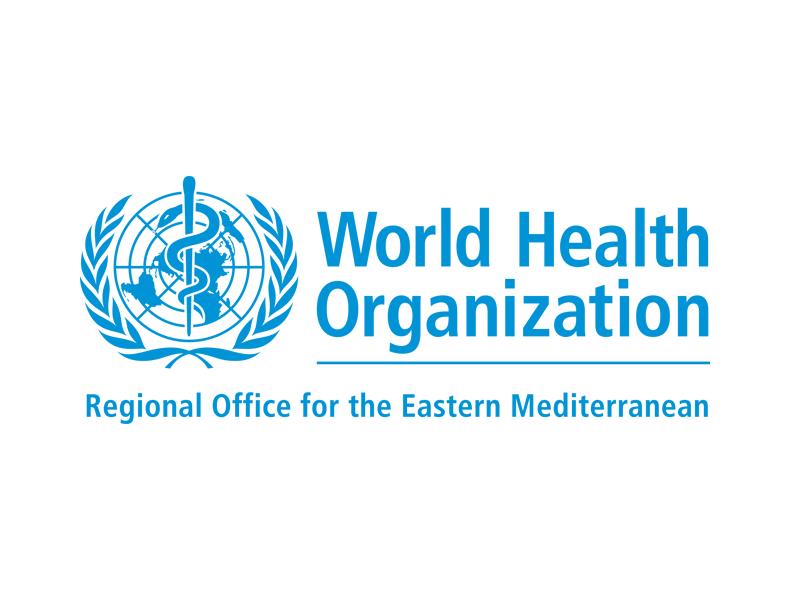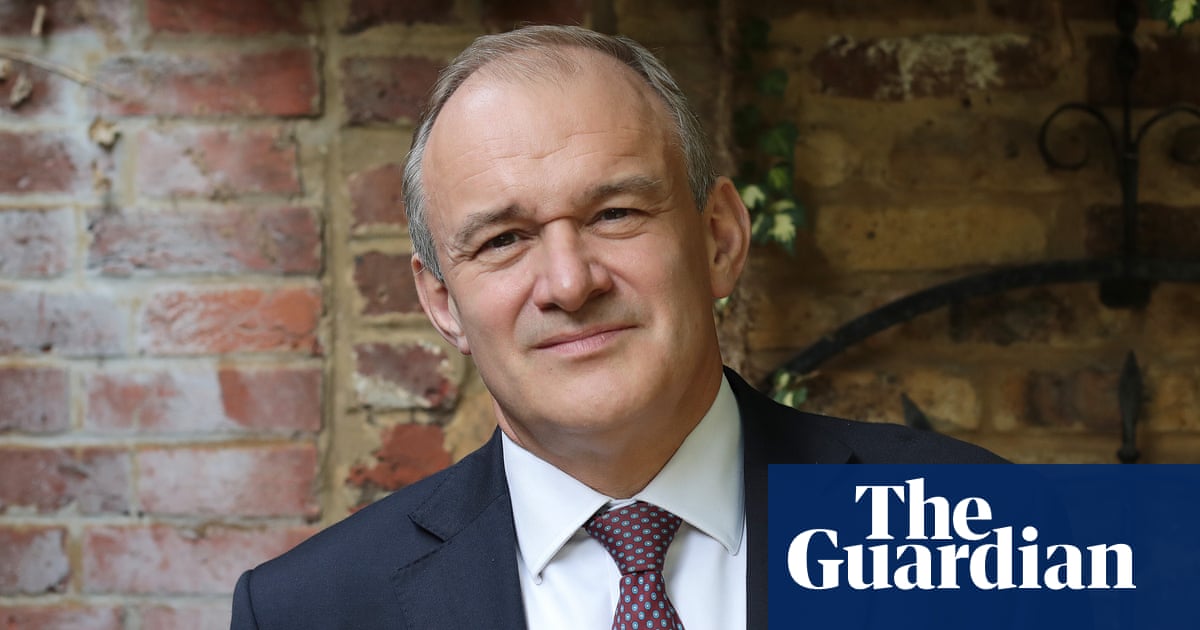
Ministers have pledged to “reset the dial” on women’s health to tackle decades of gender inequality in England, with plans to appoint a women’s health tsar, eradicate medical taboos, boost menopause support and ban harmful “virginity repair” operations.
The Department of Health and Social Care will publish its Vision for Women’s Health strategy today after 100,000 women came forward to share their healthcare concerns. Maria Caulfield, the minister for women’s health, described some of their experiences as “shocking”.
The vision document will set out initial government commitments on women’s health, recognising that “systemwide changes” are needed to tackle “decades of gender health inequality”. The final plan – the Women’s Health Strategy – will be published in spring 2022.
On Wednesday night, ministers pledged to introduce legislation criminalising hymenoplasty or any procedure to rebuild or repair the hymen. Such surgery creates scar tissue so that a woman will bleed the next time she has intercourse, making it appear she has never had sex. Young women can be forced to prove they are “pure” on their wedding night. Doctors have called for a ban on the surgery for years, saying it can never be justified on health grounds and is harmful.
Separately, the government will appoint a women’s health ambassador to raise the profile of key issues and boost awareness of taboo topics. Ministers will also establish a UK-wide menopause taskforce to investigate how women going through the menopause can be better supported.
The cost of hormone replacement therapy (HRT) prescriptions will also be cut by implementing longer prescribing cycles so women will need fewer prescriptions and therefore pay less.
The consultation provided “stark and sobering insights” into women’s experiences of health and care and highlighted entrenched problems within the NHS, officials said.
Eight in 10 women said they felt they were not listened to by healthcare professionals, and there was a feeling that services for specialities or conditions that only affect women were of “lower priority” compared to other health services.
Ministers are also considering compulsory training for GPs on women’s health after the idea was raised by women who came forward. The vision document said: “We also heard about a lack of awareness amongst some GPs of the causes of infertility, miscarriages and their relationship with infertility, and the reasons for in vitro fertilisation (IVF) failure.”
Many women also felt that damaging taboos and stigmas in women’s health prevented them from seeking help, and over half of respondents said they felt uncomfortable talking about health issues with their workplace.
“The responses from the call for evidence were in many ways as expected, particularly with regards to women’s priorities, but in some places the revelations were shocking,” said Caulfield, who worked as a nurse before entering politics and returned to the frontline during the Covid pandemic.
“It is not right that over three-quarters of women feel the healthcare service has not listened,” she added. “This must be addressed. Many of the issues raised require long-term systemwide changes, but we must start somewhere. I am proud to publish our vision for women’s health. It is the first step to realising our ambition of a healthcare system which supports women’s needs throughout their lives.”
The vision document says all women should “feel comfortable talking about their health” and “no longer face taboos when they do”. They should have access to “high-quality information and education from childhood through to adulthood, in school and beyond”.
Actor Mika Simmons, the host of The Happy Vagina podcast and the co-chair of the Ginsburg Women’s Health Board, said: “Women’s healthcare has been sidelined for far too long and a seismic shift now needs to happen to correct the historical lack of efficient care. I look forward to seeing changes made, at government level, to ensure women receive better support with our reproductive, gynaecological and sexual wellbeing.”
Prof Geeta Nargund, an NHS consultant and medical director at Create Fertility, said there must also be a renewed focus on health conditions affecting black, Asian and minority ethnic women, “who have historically struggled to access support”. She added: “The results of this consultation are only the beginning, and we must work together to support our NHS and healthcare system to deliver the best service possible for all women.”
The campaigner Nimco Ali said urgent action was needed “to address the gender health gap” and welcomed the response to the consultation. “We have already seen progress in so many areas but this data will ensure future policy is delivered where it is most needed and will be most effective.”
Dr Edward Morris, the president of the Royal College of Obstetricians and Gynaecologists, said he welcomed the decision to ban hymenoplasty after a ban on virginity testing earlier this year. “Neither have any place in the medical world,” he said. “Women deserve to have ownership over their own sexual and reproductive health.”
This decision came after a recommendation from an independent expert panel, as the process is intrinsically linked to virginity testing and reinforces outdated attitudes towards a woman’s sexuality.
Morris added: “We are very concerned that women in vulnerable and desperate situations are being coerced or pressured into having these procedures to prove that they are a virgin. The ban of both of these procedures will help to eradicate harmful beliefs which place false value on a person’s virginity.”










